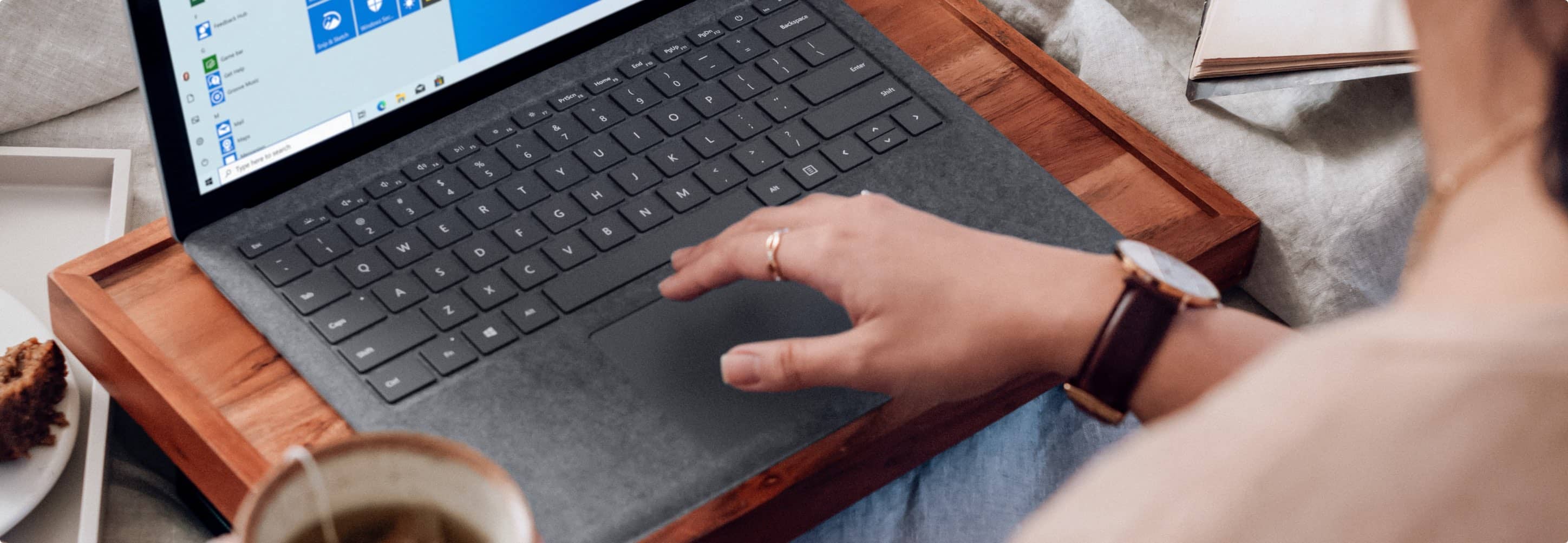Islam has respected the people’s businesses and considered human’s necessity and sustenance prior to paying khums. Therefore, everyone can spend (and deduct) all his expenditures from his incomes throughout the year, and at the end of the year, if nothing remains, the payment of khums is not obligatory. But after having a normal living as much as his necessary needs are concerned – i.e. without being extravagant or misery in consumption- if, at the end of the day, something remained, one fifth of it should be given for certain expenses, and save the fourth fifth of it.
So, what is meant by the (deductible) expenses is all that is needed for his living and that of his family, which include the following items: ۱٫ Food and Clothing2. Houseware such as plates, carpets, etc.3. Means of Transportation, which is not for business4. (Lawful) Party Expenses5. Marriage expenses6. Necessary and Required Books7. Ziyarat Expenses.8. Gifts, and donations he gives to someone.9. Charity, a vow, or expiations.Ø Urwat Al-Wuthqah, volume two, Khums, chapter one, page 394.

